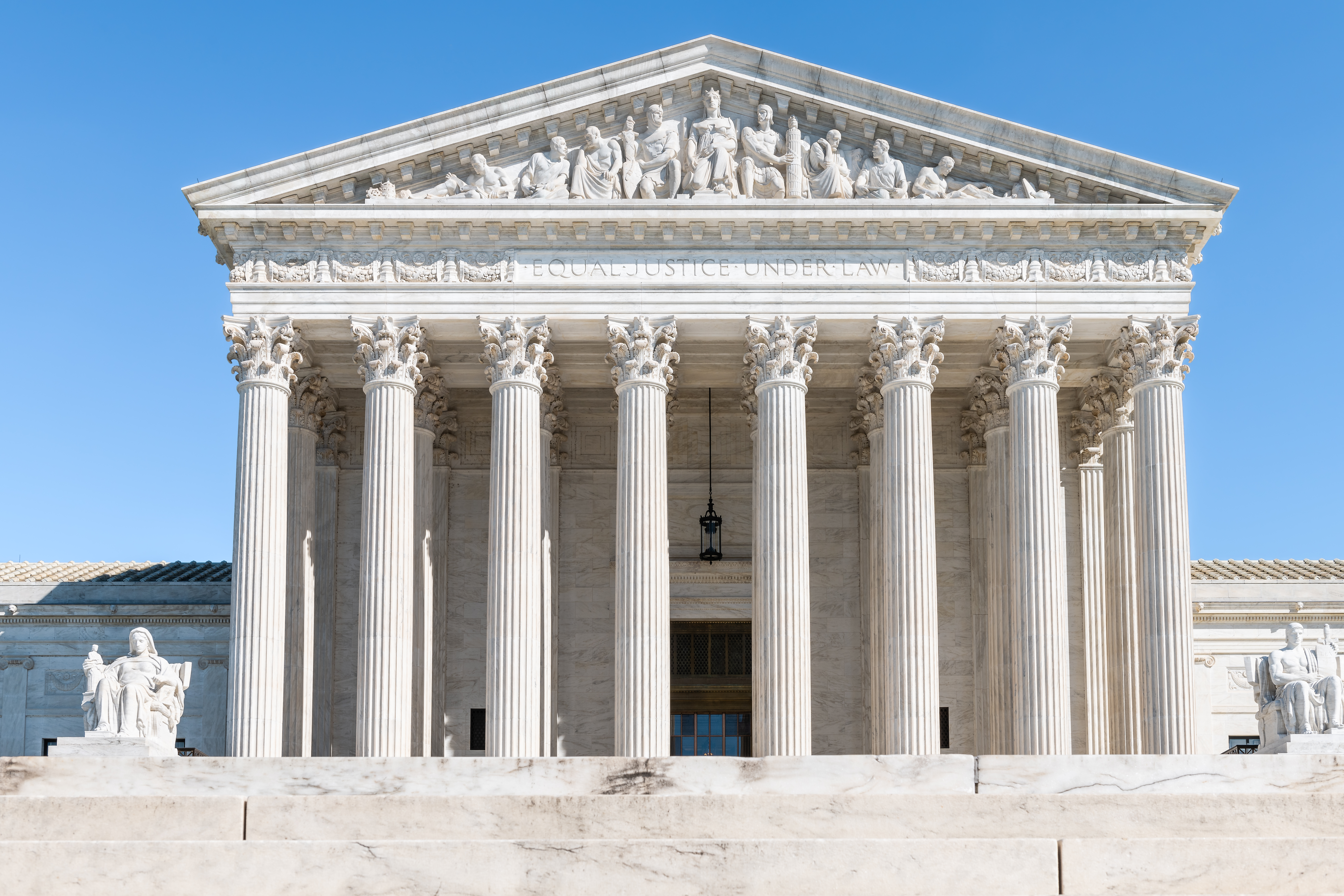Oracle v. Google? Again? Part II: Amici Recognize the Essential Nature of Fair Use
As Matt Schruers indicated in a DisCo post earlier this week, copyright holder representatives have filed amicus briefs in support of Oracle’s appeal of the fair use determination in the ongoing copyright infringement litigation between Oracle and Google. These briefs argued that the district court and the jury erred by applying fair use principles over-broadly. Nonetheless, several of the briefs correctly acknowledged the importance of the fair use right to free expression, creativity, and the proper operation of the copyright system.
Copyright Alliance
The Copyright Alliance stated that it “recognizes and supports the importance of fair use and is dedicated to ensuring that the balance Congress struck between creators’ exclusive rights and a meaningful fair use doctrine is maintained.” The Copyright Alliance then quoted U.S. Supreme Court precedents explaining the important role of fair use:
[T]he fair use defense “permits courts to avoid rigid application of the copyright statute when, on occasion, it would stifle the very creativity that law is designed to foster.” Stewart v. Abend, 495 U.S. 207, 236 (1990) (quoting Iowa State Univ. Research Found., Inc. v. ABC, 621 F.2d 57, 60 (2d Cir. 1980)). The doctrine thus strikes a “sensitive balanc[e]” between robust protections for copyright, on the one hand, and permitting limited forms of copying and distribution, on the other. Sony Corp. of Am. v. Universal City Studios, Inc., 464 U.S. 417, 455 & n.40 (1984).
Ralph Oman
Ralph Oman, the former Register of Copyrights who frequently represents copyright interests, described fair use as “a longstanding and essential principle of copyright law.” He further stated:
Fair use is an essential pillar of copyright law. It allows individuals and businesses in certain circumstances to build off of the creativity of others by using existing copyrighted material to create their own original works. Without the fair use limitation, copyright would not serve its core purpose of promoting authorship.
Oman then added that fair use “is a universal principle. Virtually all other countries’ copyright regimes have either a catch-all doctrine that approximates fair use, or reasonably comprehensive categories of specifically enumerated permitted uses of protected works, which serve the same role.”
Motion Picture Association of America
A brief jointly filed by the Motion Picture Association of America, the Independent Film and Television Alliance, and the Screen Actors Guild-American Federation of Television and Radio Artists stated, “MPAA members understand the value of the fair use defense, as it has been developed by courts in this country, in protecting the free speech interests of filmmakers and their distributors.”
Although fair use is often referred to as a “user’s right,” these statements correctly indicate that fair use is a creator’s right as well. Fair use is essential to the creation of new works in all forms, including books, films, music, and software. As pointed out in previous posts here and here, the entertainment industry often successfully relies on fair use as a defense in copyright infringement cases.








